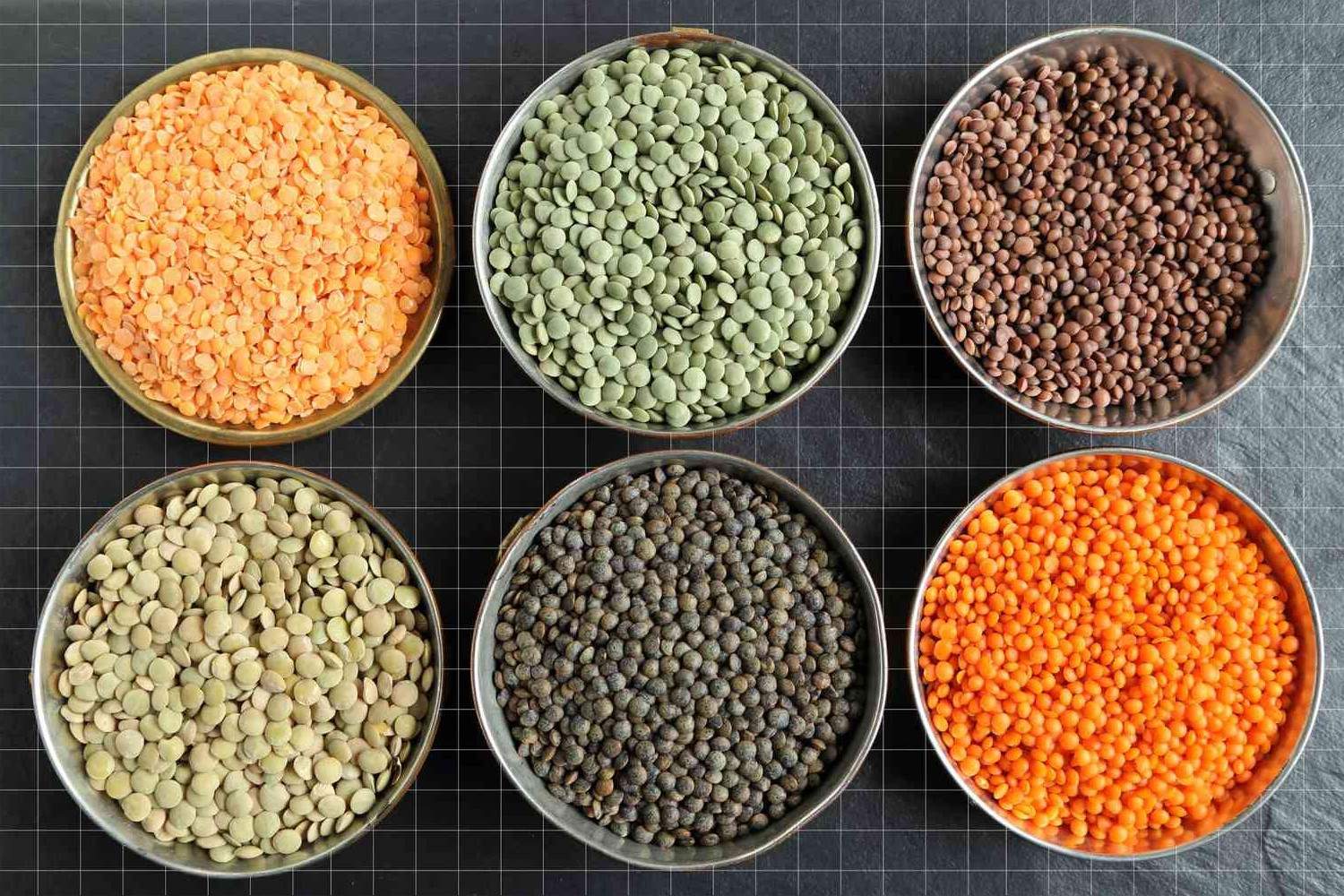
Lentils are tiny powerhouses packed with nutrients and history. Ever wondered why these little legumes are so popular? Lentils are not just a staple in many diets but also a key player in sustainable agriculture. They come in various colors, each with unique flavors and uses. From ancient times to modern kitchens, lentils have been cherished for their versatility and health benefits. Whether you're a seasoned chef or a curious foodie, there's always something new to learn about lentils. Ready to dive into the world of these mighty legumes? Let's uncover 30 fascinating facts about lentils that will leave you amazed!
Nutritional Powerhouse
Lentils are tiny but mighty. Packed with nutrients, they offer numerous health benefits. Let's dive into some fascinating facts about these little legumes.
- Lentils are an excellent source of protein, making them a great meat substitute for vegetarians and vegans.
- They are rich in fiber, which aids digestion and helps maintain a healthy gut.
- Lentils contain iron, essential for producing red blood cells and preventing anemia.
- They are low in fat, making them a heart-healthy food choice.
- Lentils are high in folate, crucial for pregnant women to support fetal development.
Varieties of Lentils
Lentils come in various types, each with unique flavors and textures. Here are some common varieties you might encounter.
- Brown lentils are the most common type, known for their earthy flavor and ability to hold shape after cooking.
- Green lentils have a peppery taste and remain firm even after cooking, making them ideal for salads.
- Red lentils cook quickly and break down into a creamy consistency, perfect for soups and stews.
- Black lentils, also known as beluga lentils, resemble caviar and have a rich, earthy flavor.
- Yellow lentils are often used in Indian cuisine, particularly in dishes like dal.
Historical Significance
Lentils have been a staple food for thousands of years. Their history is as rich as their nutritional profile.
- Lentils are one of the oldest cultivated crops, dating back over 9,000 years.
- They were a significant part of the diet in ancient Egypt, often found in tombs and burial sites.
- In ancient Greece, lentils were considered a poor man's food but were highly valued for their nutritional benefits.
- Lentils are mentioned in the Bible, highlighting their long-standing importance in human diets.
- They were a staple in the Roman army's diet, providing soldiers with essential nutrients during long campaigns.
Environmental Impact
Lentils are not only good for you but also for the planet. Their cultivation has several environmental benefits.
- Lentils require less water to grow compared to other crops, making them a sustainable choice.
- They have a low carbon footprint, contributing less to greenhouse gas emissions.
- Lentils improve soil health by fixing nitrogen, reducing the need for chemical fertilizers.
- They are often used in crop rotation to enhance soil fertility and prevent erosion.
- Growing lentils can help combat climate change by promoting sustainable agricultural practices.
Culinary Uses
Lentils are incredibly versatile in the kitchen. They can be used in a variety of dishes, from soups to salads.
- Lentils can be sprouted and added to salads for a crunchy texture.
- They are a key ingredient in many traditional Indian dishes, such as dal and sambar.
- Lentils can be used to make veggie burgers, providing a hearty and nutritious alternative to meat.
- They are often used in Mediterranean cuisine, particularly in soups and stews.
- Lentils can be ground into flour and used in baking to add protein and fiber to baked goods.
Health Benefits
Consuming lentils regularly can have numerous positive effects on your health. Here are some benefits you might not know.
- Lentils can help lower cholesterol levels, reducing the risk of heart disease.
- They have a low glycemic index, making them suitable for people with diabetes.
- Lentils are rich in antioxidants, which help protect cells from damage.
- They can aid in weight management by promoting a feeling of fullness and reducing overall calorie intake.
- Lentils support bone health due to their high content of essential minerals like magnesium and phosphorus.
Lentils: Small but Mighty
Lentils pack a punch in nutrition and versatility. These tiny legumes are rich in protein, fiber, and essential vitamins and minerals. They’re a great option for vegetarians and anyone looking to add more plant-based foods to their diet. Lentils come in various colors, each with its unique flavor and texture, making them perfect for soups, stews, salads, and even burgers.
Cooking lentils is a breeze. They don’t need soaking and cook faster than most legumes. Plus, they’re budget-friendly and have a long shelf life, making them a pantry staple. Whether you’re a seasoned cook or a kitchen newbie, lentils offer endless possibilities to create delicious and nutritious meals.
So next time you’re at the grocery store, grab a bag of lentils. Your taste buds and body will thank you!
Was this page helpful?
Our commitment to delivering trustworthy and engaging content is at the heart of what we do. Each fact on our site is contributed by real users like you, bringing a wealth of diverse insights and information. To ensure the highest standards of accuracy and reliability, our dedicated editors meticulously review each submission. This process guarantees that the facts we share are not only fascinating but also credible. Trust in our commitment to quality and authenticity as you explore and learn with us.
